Unravelling the mystery of...complex thought and consciousness itself
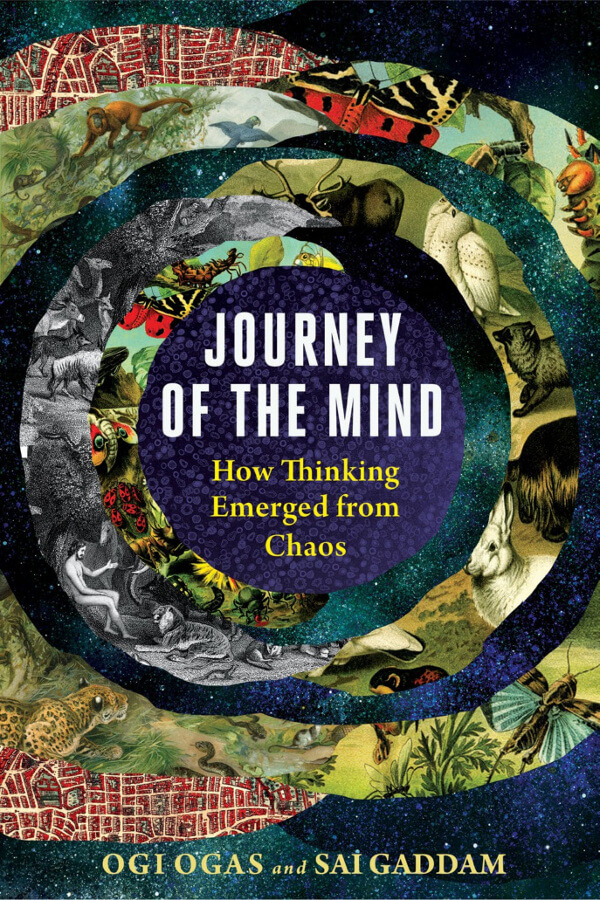

Two neuroscientists trace a sweeping new vision of consciousness across eighteen increasingly intelligent minds, from microbes to humankind and beyond.
Why do minds exist? How did mud and stone develop into beings that can experience longing, regret, love and compassion—beings that are aware of their own experience? Until recently, science offered few answers to these existential questions. Journey of the Mind is the first book to offer a unified account of the mind that explains how consciousness, language, the Self, and civilization emerged incrementally out of chaos. The journey begins three billion years ago with the emergence of the simplest possible mind, a nanoscopic archeon, then ascends through amoebas, worms, frogs, birds, monkeys, and AI, examining successively smarter ways of thinking.
Packed with insight and astonishing in scope...offers an original perspective on thinking and consciousness.
Carves consciousness at its joints
Will change the way you think about thinking
No less than three laws of consciousness
Deceptively simple and scientifically grounded
A daring book and an absorbing read
Unravelling the mystery of...complex thought and consciousness itself
Stunning in its range and reach
A mind-bending voyage of discovery
An enjoyable read
Profiles the entire history of mind
Hierarchy of increasingly complex minds
Lively trip worth taking
A whirlwind intellectual tour!
Will keep you reading into the wee hours
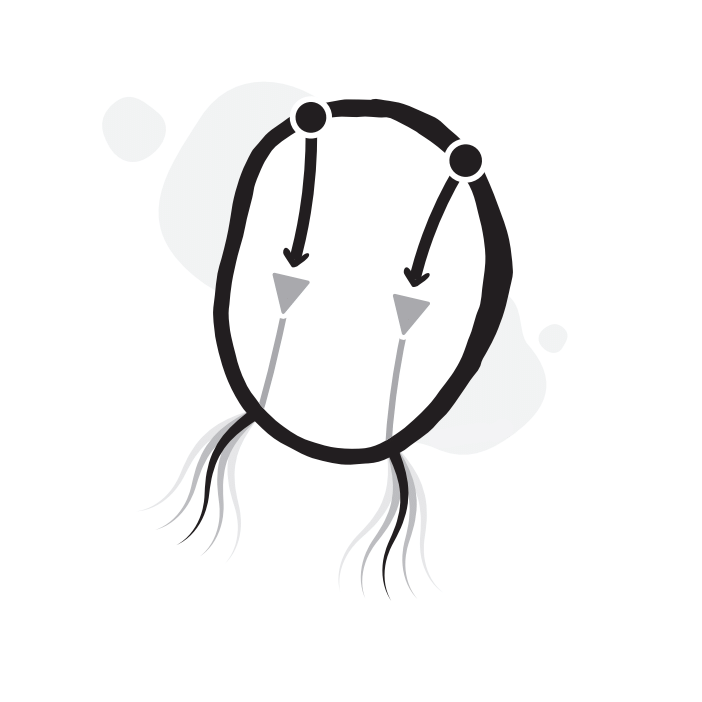

Archaea Mind: Targeting
What constitutes thinking in a creature so piffling that it managed to elude microscope-brandishing scientists for more than three hundred years?
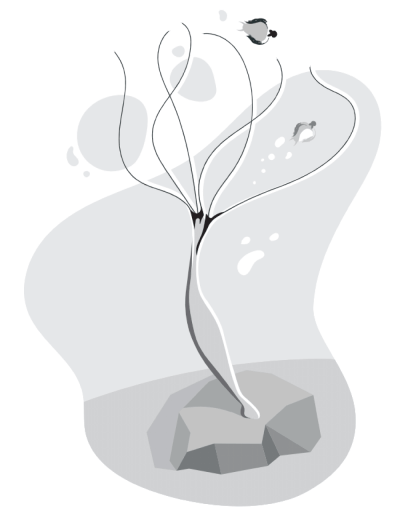

Hydra Mind: Multitasking
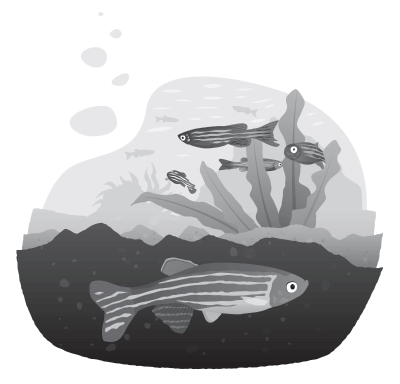

Fish Mind: The Preconscious Proletariat
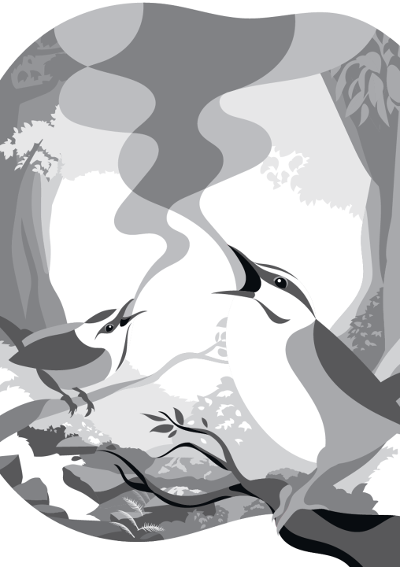

Bird Mind: When
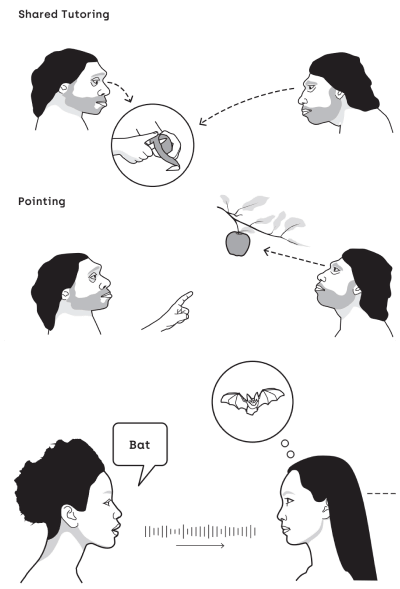

Human Mind: Language

Illustrations & Infographics

Contact Us

